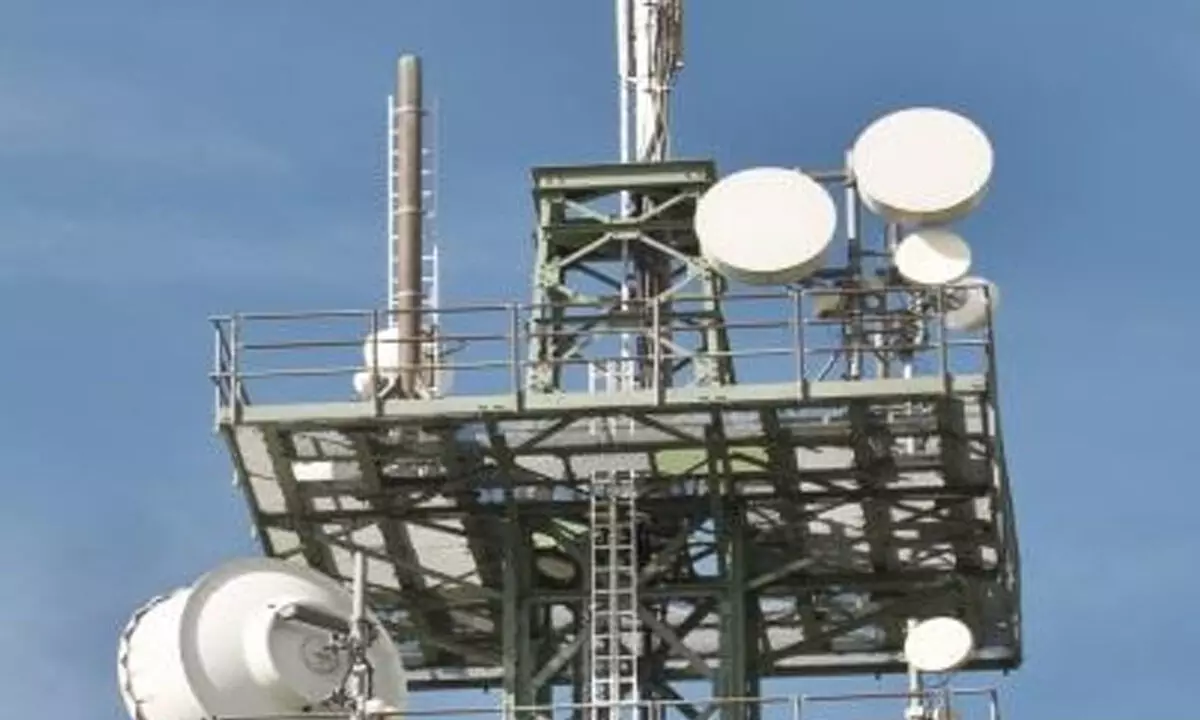Industry groups hit back on telco’s demands to regulate, charge OTTs
Share :

Industry bodies and civil society organisations on Thursday countered telco’s demands to regulate OTTs and charge them ‘fair share’ by submitting counter comments on the Telecom Regulatory Authority of India’s (TRAI) consultation paper on the regulatory framework for OTT communication services and the selective banning of OTT services.
New Delhi: Industry bodies and civil society organisations on Thursday countered telco’s demands to regulate OTTs and charge them ‘fair share’ by submitting counter comments on the Telecom Regulatory Authority of India’s (TRAI) consultation paper on the regulatory framework for OTT communication services and the selective banning of OTT services.
The TRAI proposal on selective banning of OTT or Internet services has resulted in a fierce debate among the industry bodies, internet companies and startup founders.
The Information Technology Industry Council (ITI) said the majority of ‘OTT services’, are in addition to, and not in derogation or substitution of, traditional telecommunications (or broadcasting) services.
"OTTs provide bundled services that cannot be separated into ‘OTT Communication Services,’ ‘OTT Broadcasting services,’ etc., making defining OTT overall or subsets of OTT for regulatory purposes near impossible,” ITI said in a statement.
However, the functions of these OTT services are already regulated under the IT Act 2000.
Broadband India Forum (BIF) expressed in its counter comments that the demand for network usage fees from OTTs by telecom operators is outdated and would violate net neutrality principles.
“Overregulation of the OTTs would be counterproductive, as this will lead to a higher cost to customers and reduce consumer choice. Besides, it would also adversely impact innovation, lead to discrimination, adversely impact smaller entities and startups, and lead to a violation of Net Neutrality guidelines,” said T.V. Ramachandran, BIF President.
The Alliance of Digital India Foundation (ADIF), a policy think tank for digital startups, said that calls for revenue-sharing arrangements between telecom service providers (TSPs) and OTT applications are primarily grounded in the misperception that OTTs are benefiting without making any contributions, while TSPs are burdened with infrastructure and licensing costs.
“The proposed implementation of the suggested revenue-sharing model carries the potential to discourage the growth of digital enterprises. This model introduces a volume-based revenue-sharing system that could impede their sustained expansion,” the ADIF said in a statement.
Additionally, it introduces an additional cost associated with accessing free or affordable content, and a portion of this expenditure may eventually be passed on to consumers, thereby increasing the cost of internet usage.
The Consumer Unity & Trust Society (CUTS) International stated that it is incorrect to assume that OTT players are unregulated and that the government has no regulatory oversight on them.
“OTT services are already subject to a myriad regulation under the Information Technology Act, 2000 (IT Act) and the various rules made thereunder. Some of this is likely to continue under the forthcoming Digital India Act, which is likely to replace the IT Act,” said CUTS.
The recently passed Digital Personal Data Protection Act, 2023 will also impose additional obligations on the OTT players.
The Internet Freedom Foundation (IFF), said that demands for the regulation and licensing of OCS (online communications services such as WhatsApp and Telegram) amongst TSPs have been justified by arguing that similar rules must be applied for offering similar services (for eg. voice calling or messaging) by different service providers.
This “same service, same rules” argument seems to be driven by an instinct to regulate the internet per se from the lens of TSPs rather than to satisfy any regulatory need, said IFF.
The Internet and Mobile Association of India (IAMAI) in their counter comments made points around OTT services being comprehensively regulated in India, saying robust regulatory frameworks for digital service providers already exist in India.
“They are also variously required to comply with the Consumer Protection Act and Rules for consumer welfare, and the Competition Act for economic regulation. Under the IT Rules, digital service providers/OTT service providers are subject to dedicated compliance and reporting requirements. Therefore, the introduction of a telecom regulatory regime for OTT services would undoubtedly qualify as an act of over-regulation,” the IAMAI argued.
Minister of State for Electronics and IT, Rajeev Chandrasekhar, said last week that “India is one of the first countries in the world to ensure net neutrality and pushed back against Telcos wanting to be gatekeepers of the Internet".







